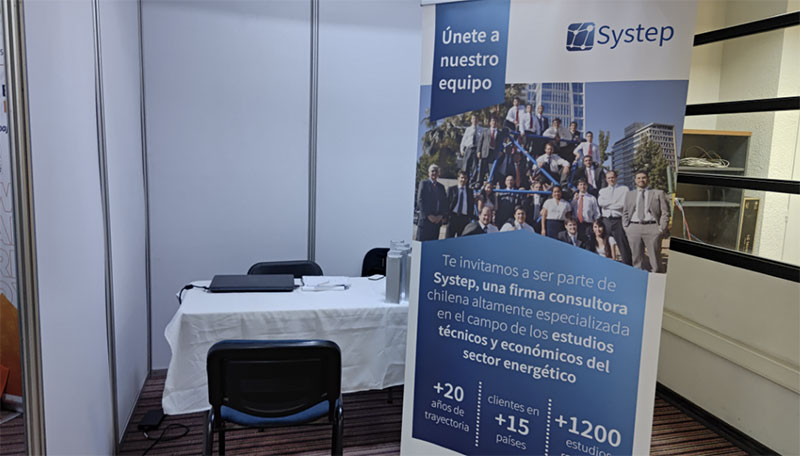
Source: Electricidad Magazine
The consultant’s monthly report points out the average monthly increase in costs in this market, and therefore suggests that the challenge is to “continuously” evaluate the regulation.
Systep Engineering warns that in a context of accelerated decarbonization, as proposed in the bill before the Senate, which proposes the cessation of coal-fired power plants in 2025, this would generate an increase in marginal costs that will put upward pressure on the opportunity costs of Complementary Services, which this year reach an average of $18 million per month, compared to the $11 million they had last year.
“Although to date it has not been possible to reduce the total payments for these services, thanks to the modifications implemented, it is expected that when a greater amount of renewable energies enter into operation, the marginal costs of the system will decrease, resulting in a lower opportunity cost to be remunerated, and with this, a possible decrease in the total cost to be paid by the final customers. However, in a context of accelerated decarbonization, the marginal costs of the system could increase, again putting upward pressure on the opportunity costs of the SSCCs”, the monthly report of the consulting firm indicates.
According to the analysis of this market, the results of the new Complementary Services regime, in force since last year, “show a growth in the costs paid by end customers, which translates into a greater recognition of direct and opportunity costs for SSCC providers”.
“The remuneration scheme of the SSCC must seek a balance between the recognition of the costs faced by the providers of these services, the objective of having an electricity system whose operation is safe and reliable, and the cost that will be passed on to end users for such services,” says Systep, Therefore, the challenge in this matter is “to continuously evaluate the regulation so that it adequately reflects the balance of the three objectives mentioned above, considering the possibility of increasing the instances of review of the SSCC market so that corrective and/or adaptive measures can be taken without the need to wait several months for their implementation”.





